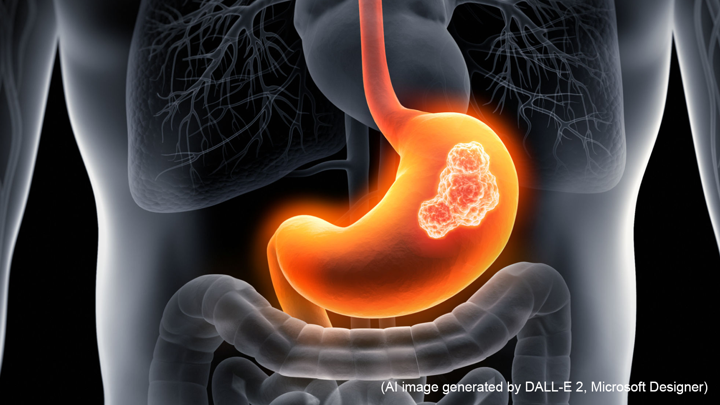#0099 Frequency of night shift and menstrual cycle characteristics in Japanese nurses working under two or three rotating shifts

How Do the Demanding Work Patterns of Japanese Nurses Affect Their Menstrual Cycle?
Due to the challenging nature of their profession, nurses often work in rotating shifts. Hospitals and care homes normally set up schedules in one of two ways: splitting the day in two 12-hour shifts (two rotating schedules), or in three eight-hour shifts (three rotating schedules), with nurses rotating between shifts to ensure the burden of night shifts doesn’t fall to the same people. However, switching between different shifts can have a huge impact on the health and well-being of nurses, leading to irregular sleeping patterns and difficulty in adapting to a social life.
For female staff, this disruption of the circadian rhythm can have severe health impacts, as it upsets the delicate hormonal balance regulating the menstrual cycle. Many studies have reported nurses suffering from irregular cycles, premenstrual syndrome (PMS), or even dysmenorrhea (severe menstrual pain). Studies have shown that female nurses of Asian ethnicity are more likely to be affected by such conditions, which can lead to poor quality of life and even infertility. However, it is unclear whether this is linked to their demanding work schedules.
To better understand this association, we collected data from more than 1,200 female nurses across Japan. Using a web-based questionnaire, we asked nurses a variety of questions to elucidate the link between working night or rotating shifts (or both) and irregular or painful periods.
Our findings show that irregular menstrual cycles were highly frequent among all nurses, even those who did not work nights (almost a quarter of them had an irregular cycle). However, nurses working in two rotating shifts (12-12 hours) were the most impacted by this problem (37.5%). This progressively worsened as nurses worked on night shifts more often, with some even reporting no periods for three months or longer. Nurses who worked in three rotating shifts (8-8-8 hours) were slightly less affected (36%), but the frequency of night shifts did not appear to have an effect on irregular periods in this group. That being said, the nurses were more likely to struggle at work due to menstrual pain or PMS when working on two rotating shifts.
Night shifts are almost inevitable in the nursing profession, yet they can severely impact the menstrual health of female staff. By highlighting how common this issue is in Japanese nurses, we hope to trigger a debate on how to better manage schedules and help female nurses maintain a healthier work balance.

Link to the original journal article:
https://onlinelibrary.wiley.com/doi/full/10.1002/1348-9585.12180
Title of the paper:
Frequency of night shift and menstrual cycle characteristics in Japanese nurses working under two or three rotating shifts
Authors:
Michinori Mayama, Takeshi Umazume, Hidemichi Watari, Sho Nishiguchi, Takushiro Moromizato, and Takashi Watari




